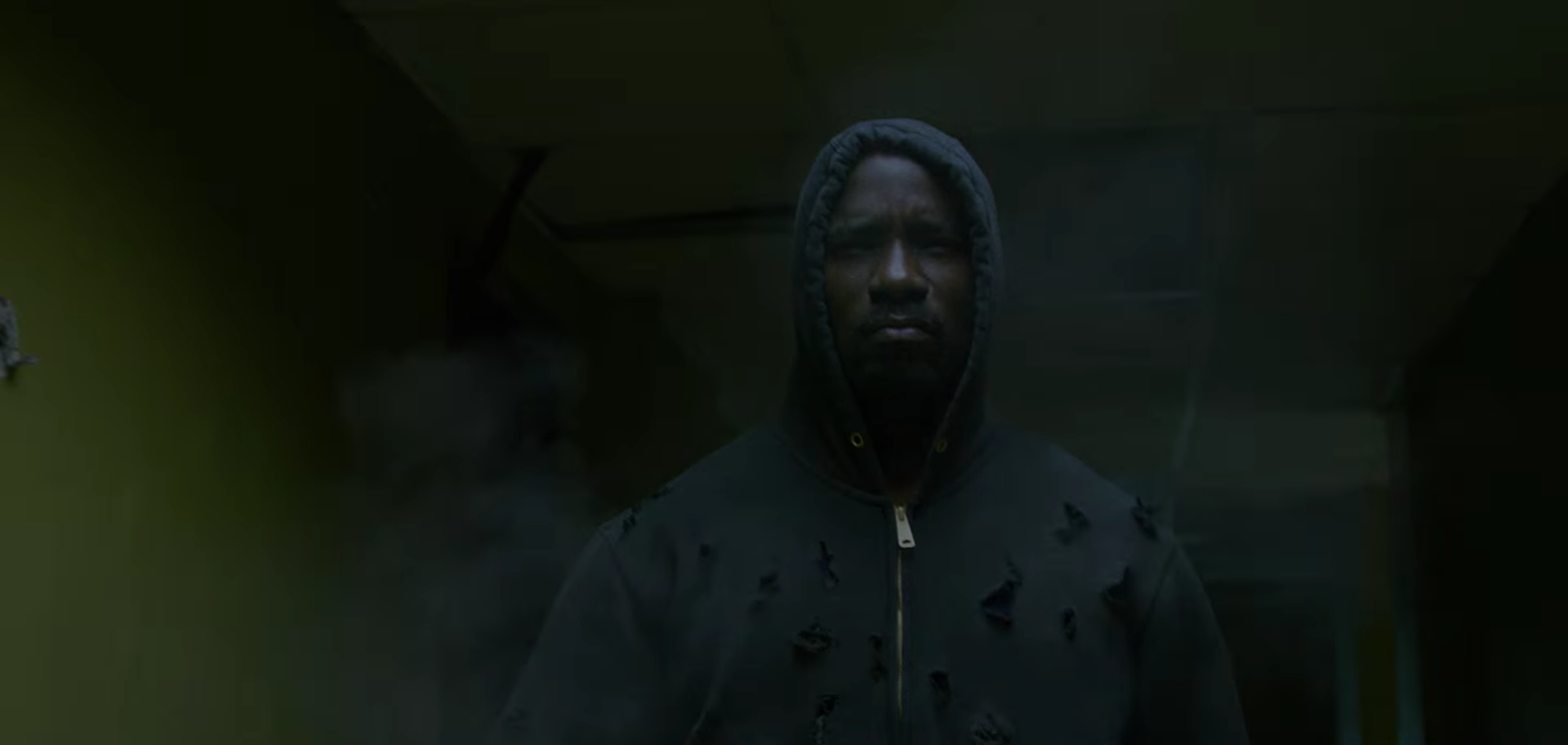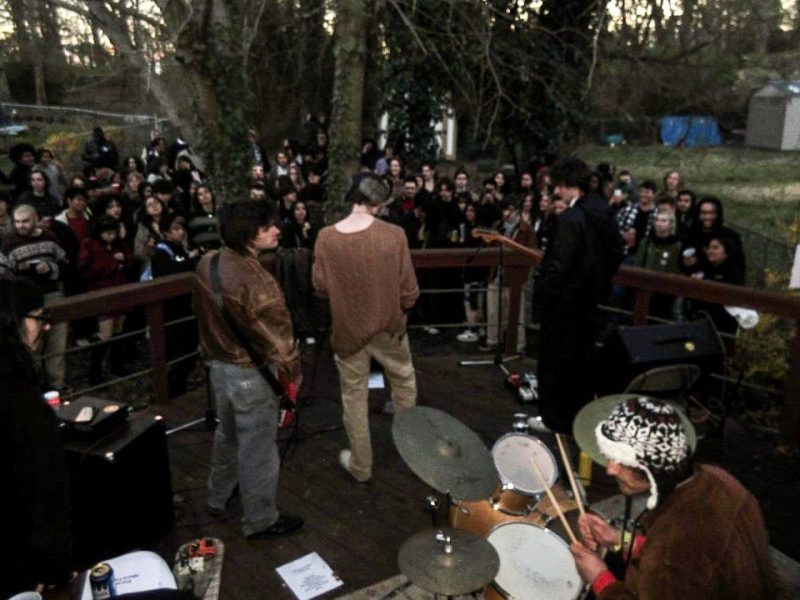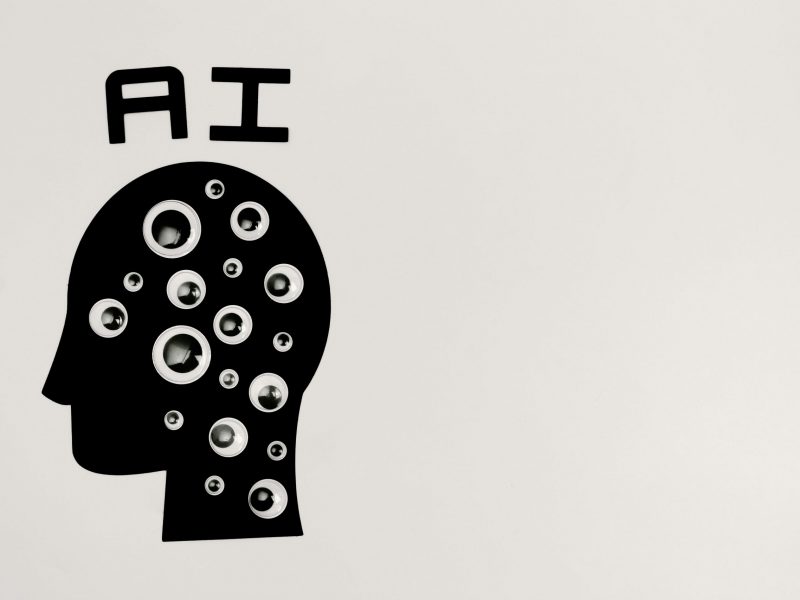Netflix’s newest superhero web series, Marvel’s Luke Cage, created by Cheo Hodari Coker, reimagines the comic book superhero as a modern embodiment of black manhood and humility. While the show pays homage to blaxploitation, it avoids reducing its characters to caricatures and instead presents a loving celebration of the black experience.
Luke Cage was created by Archie Goodwin, John Romita Sr. and George Tuska during the peak of the blaxploitation cultural wave, but as the genre’s popularity waned, Cage faded into obscurity. The superhero was used as a figure to represent pushback to the standards promoted by a predominantly white comic book industry, yet it sometimes misunderstood the common black experience by portraying its protagonist as ignorant and dangerously urban, giving him a limited vocabulary and silly catchphrases.
The show, however, appreciates and understands themes that pervade black life today, such as mass incarceration and the societal perception that black males are inherently aggressive. One example of the show’s success in this field is the modernization of the characters’ costumes. While the original Cage wore a grand, bright yellow suit with metal belts, headbands and bracelets to assert his masculinity, Coker’s Cage wears a dark hoodie. In a world where hoodies can serve as justification for racial profiling, the show redefines what a symbol of heroism can be and attempts to destroy the menace attached to the piece of clothing.
Cage, whose real name is Carl Lucas, is a former convict with superhuman strength who initially chooses to live a quiet life as a dishwasher at a club and a cleaner in a barbershop as opposed to fighting crime. However, he eventually utilizes his strength to combat corruption.
The show’s setting in Harlem, the epicenter of black culture and arts, solidifies its devotion to symbols of black power and resistance. Cage’s occupation in a barbershop, a reliable place of camaraderie in the black community, allows the series to display the daily aspects of black life that are typically neglected in Hollywood productions.
Mike Colter, first featured in the Netflix series Jessica Jones, plays Cage. His strong performance in the show is not a result of his believable machismo or tough demeanor while kicking ass. Rather, it is exemplified in the scenes when he is not fighting crime. Through a strong display of his character’s grievances and passions, Colter demonstrates the human qualities of a the superhero whose role in society is not wanted, but thrust upon him.
The show’s villain, Cornell “Cottonmouth” Stokes, is played by Mahershala Ali. Ali’s acting is delightfully stoic and his distinct deep voice heightens his uncompromising nature. Stokes proudly capitalizes on the power of using violence to achieve his aims, a quality that Cage rejects as our hero sees no virtue in inflicting suffering.
The attention to detail in each episode and effective character development allows the show to illustrate its characters’ emotions without emitting an overdramatic flair. The soulful soundtrack of Luke Cage, combined with thoughtful costume design, writing and casting, results in a comic book adaptation that succeeds thematically and takes viewers on a gritty, emotional journey.



